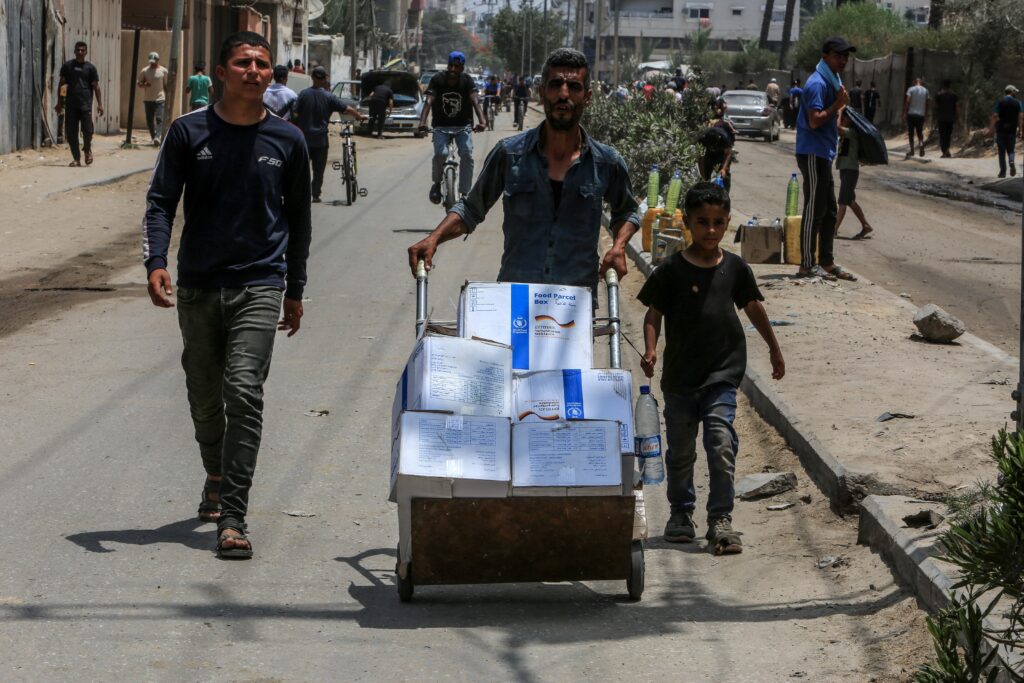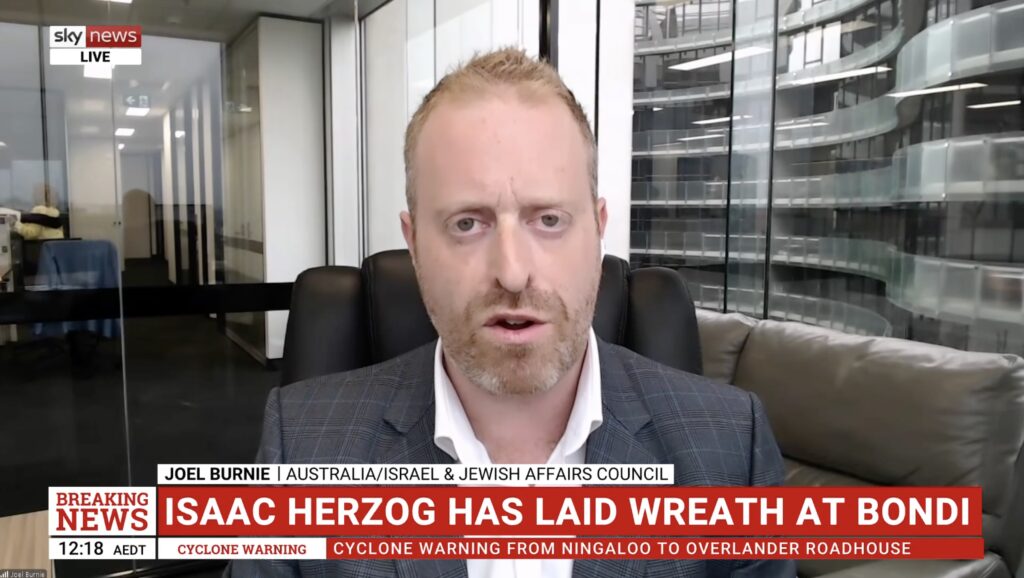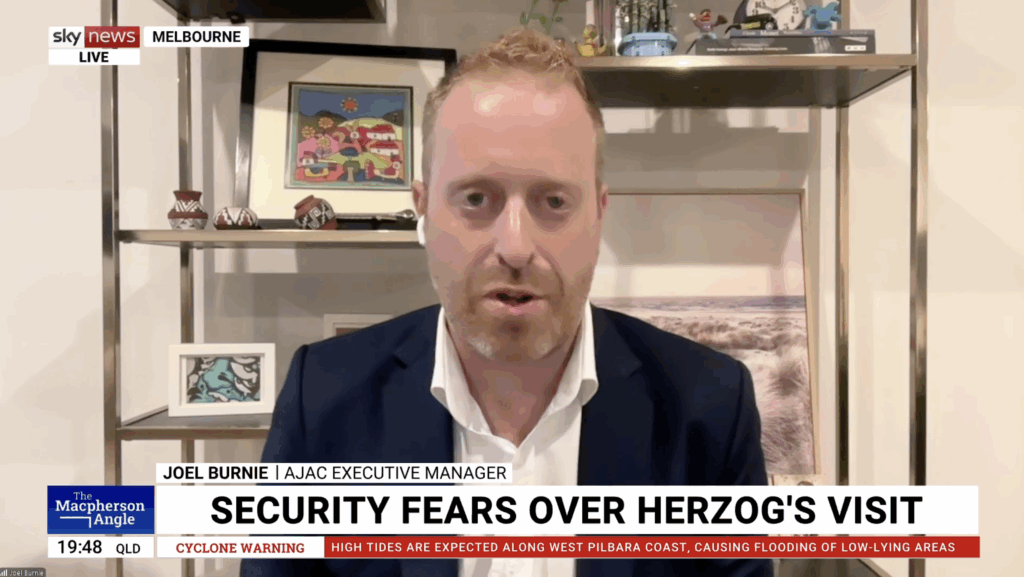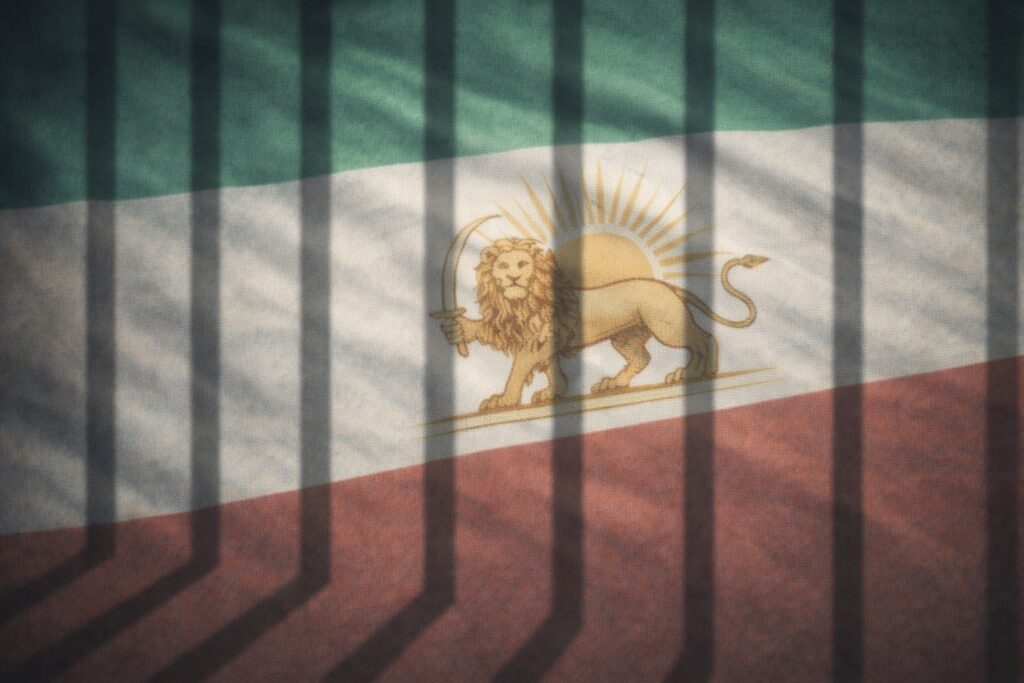UPDATES
UNRWA and Alternatives for Palestinian Refugees
July 29, 2011 | Tzvi Fleischer
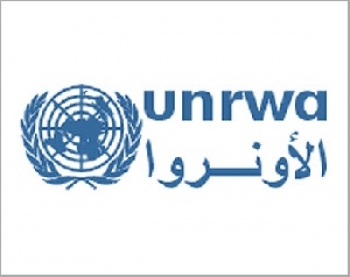
The United Nations Relief and Works Administration (UNRWA) – set up in 1949 to look after the humanitarian needs of Palestinians – has long been the subject of controversy, with critics accusing it of deliberately perpetuating the refugee problem, working with terrorist organisations, helping to radicalise Palestinians through the schools and other programs it runs, and taking political stances outside its humanitarian mandate. (Some examples of such criticism published on this website are here, here, here, here, here and here.)
Now Israeli researcher Arlene Kushner has written, in the latest edition of Middle East Quarterly, a detailed compendium and deconstruction of many recent examples illustrating, in her words “The propensity for senior UNRWA staff to make inappropriate, incendiary, and highly politicized statements – in stark contrast to the organization’s mandate.”
For instance, UNRWA executives have repeatedly supported – even demanded – flotillas to Gaza to break Israel’s blockade – despite the UN’s own Palmer Inquiry reportedly concluding the Israeli blockade of Gaza is legal.
On May 3, in an interview in his Gaza office with the Norwegian paper Aftenposten, [UNRWA Gaza Director John] Ging urged international intervention in Gaza since “Israel refuses to act reasonably”:
“Therefore we ask the international community: Bring us the supplies we need to rebuild schools and run them; bring us the supplies we need [for] hospitals and medical centers. Everybody knows how desperate the situation [in the Gaza Strip] is after almost three years of blockade. We need action now…
We believe that Israel will not intercept these vessels because the sea is open, and human rights organizations have been successful in similar, previous operations proving that breaking the siege of Gaza is possible…”
Similarly, there are apologetics for Hamas. The article notes:
In a Sky TV News interview from Gaza, John Ging, director of UNRWA Operations in Gaza, said:
“The announcement [regarding Israeli intentions in Operation Cast Lead] was that this whole war was about demolishing the infrastructure of terrorism. But we look around and see that this was not the case. The infrastructures of the economy and education were destroyed. And the infrastructure of the government-ministries and the president’s compound. These are not the infrastructures of terror, these are the infrastructures of peace… , the infrastructure of democracy.”
This protestation of innocence is highly disingenuous for it is inconceivable that Ging was unaware of Hamas’s propensity for operating from within civilian infrastructure, housing terrorists and weapons in private homes and public buildings (mosques, hospitals, schools, etc.), and using such sites for rocket and missile attacks.By alluding to the parliament building-used by the Hamas terror group, the governing entity of Gaza-as an “infrastructure of democracy,” Ging willfully distorted the oppressive reality in the strip.
Kuchner offers many additional recent examples of often factually inaccurate interventions by UNRWA officials – who she notes are now openly claiming that they are “a stakeholder in the outcomes of any peace process” and are “obligated to advocate for the realization and protection of the human rights of Palestine refugees” – at the same time as they insist the organisation is completely non-political and solely humanitarian. Read it all here.
The increasingly blatant politicisation of UNRWA has led to growing calls to defund or disband UNRWA – as well as, in part, a Canadian decision to cease to supply funding to UNRWA’s core programs, and a proposed bill in the US Congress last year to place greater accountability on US funds to UNRWA.
A new article in the Jerusalem Post offers an interesting example of what might be done if UNRWA’s insistence that Palestinian refugees must never be resettled, but must stay in refugee camps until the conflict is over, could be bypassed.
The article describes how in 2008, thousands of Palestinian refugees previously based in Iraq were brought to Chile, in a program overseen by the United Nations High Commissioner for Refugees (UNHCR), which normally handles all other refugees in the world other than Palestinians. There they received refugee status, with all the relevant rights and privileges, and government aid to to buy an apartment, find a job and learn the local language
The authors of the article, Adi Rabinovitch and Noam Bedein, travelled to Chile and found what appeared to be a remarkable success story, with the Palestinians given a “warm welcome” and most of the Palestinians successfully integrating and now able to earn a living without handouts.
They quote a UNHCR official Fabio Varoli, claiming:
“Chile was the first state to welcome the Palestinian refugees, and became an example for other nations that did not accept refugees in the past. Now other nations are willing to welcome them, following Chile’s example.”
The authors conclude that:
In light of the success we saw in Chile, and the continuous failure in the Gaza Strip, perhaps UNRWA could follow the example of UNHCR and use its resources to create a better future for everyone, instead of relegating the descendants of the 1948 war to yet another generation in limbo.
Read the full article here.
Tags: NGOs

